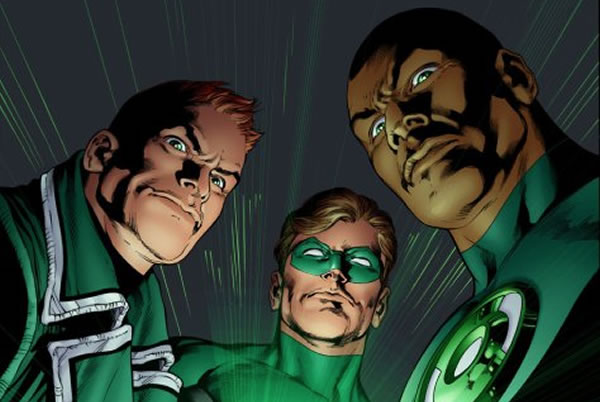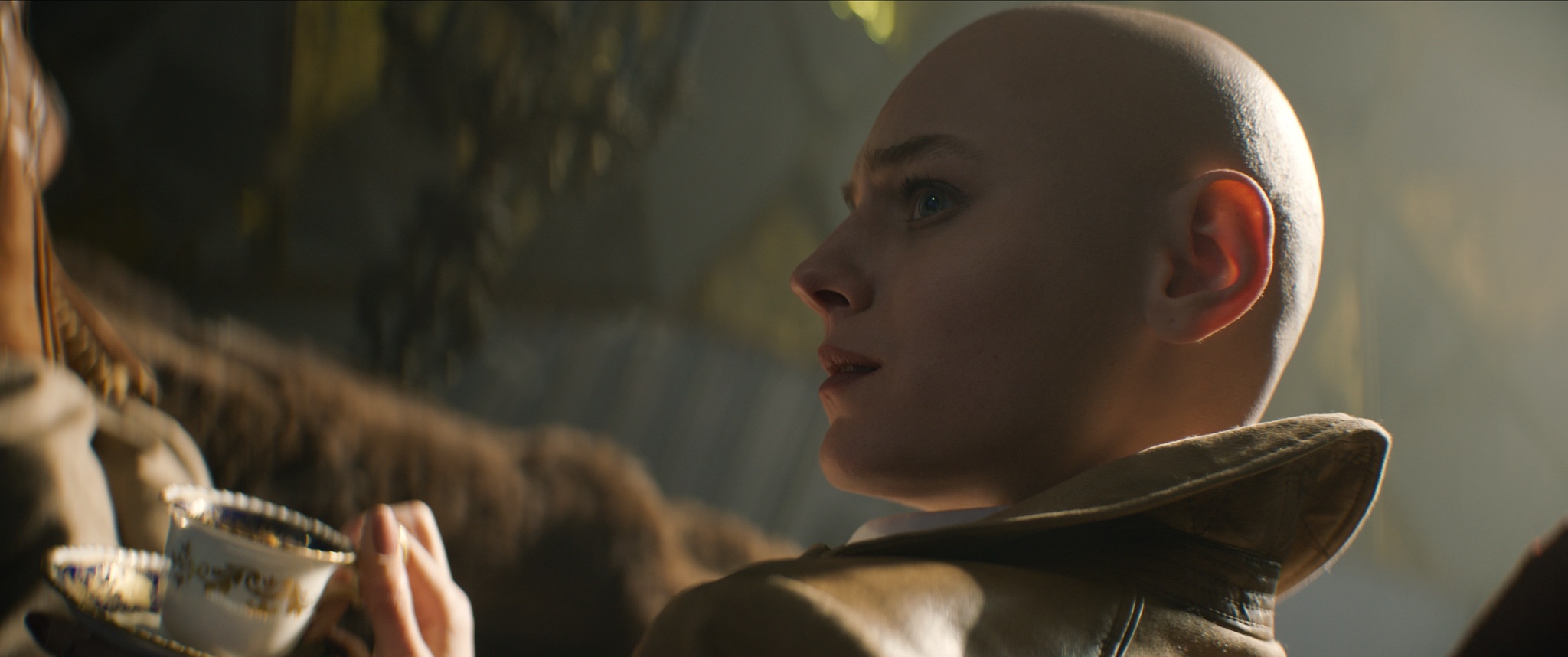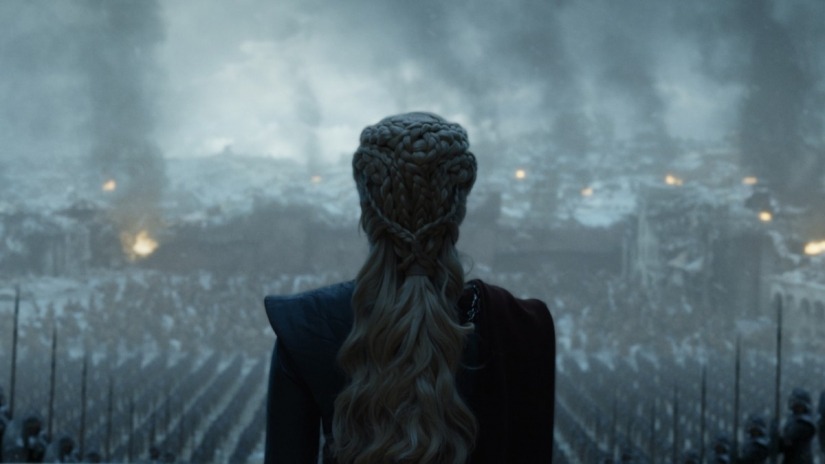![]()
There’s no doubt about it. Racial slurs are a thing (surprise). They exist now, and they definitely existed centuries ago. And back in the 1800s, it was more acceptable to treat races different from one another, and there are certain films that are well known for portraying that. Most recently, Quentin Tarantino released two films, Django Unchained and Hateful Eight, each of which were very blunt in the way they treated the subject of racial relations. Tarantino always defended the use of racial slurs, essentially stating that he was trying to stay true to the vernacular of the time, and the fact was that the N-word was used a lot.
Last weekend, we saw the release of another Western, The Magnificent Seven. This film was directed by Antoine Fuqua, and it featured quite the diverse cast: an African American, a Mexican, a Korean, and a Native American. Yet there was not a single racial slur to be found (gasp!). In fact, the subject of race was hardly even mentioned, and the only real instance where that was mentioned was in the film’s trailer where Chris Pratt’s character said, “Oh, good, we got a Mexican.”
Speaking with Cinema Blend, Fuqua discussed why they didn’t go the Tarantino route of having the characters spout racial slurs at one another:
“For me, what’s the point of it? To degrade a person? You can call somebody an asshole. Does it have to be a word to degrade their race? To identify someone that way, it’s such an ugly word. What’s the point of it? And it’s interesting, if you don’t do it — if you succeed with the characters and the story and tell a good, entertaining movie — in a weird way, people forget. You walk out, ‘Oh that’s right, he was black, or Asian.’
As far as your experience with the story, as long as it has something specific to do with that thing, then what’s the real point? Because it’s an ugly word and none of us want to hear it. I certainly don’t want to hear it. Denzel doesn’t want to hear it. So why would we have to go to the set every day and make a movie and hear that ugly word when we are making a movie about guys who do the right thing? Where does that fit in?â€
Fuqua makes a very good point, though it comes from a different perspective of Tarantino.
If race discussion is one of the points in your film, then it makes sense to include such words, but if it’s just ambience to an era, it may distract more than anything else. Because Tarantino’s take on the Western were so steeped in that racial discussion, I can understand the use of the N-word, but who’s to say every Western needs to be bothered with that? While I’m by no means advocating the “purification†of other periods in time, I don’t think there’s anything wrong with having a fun story with a broader focus that doesn’t feel the need to tackle such a heavy issue.
What do you think? Did it distract you that the subject of race was hardly addressed in the film, or was it refreshing that a movie allowed itself to be fun without feeling obligated to bring in the subject of race? Let us know your thoughts in the comments below!
SOURCE: Cinema Blend

 FOR FANBOYS, BY FANBOYS
Have you checked out LRM Online’s official podcasts and videos on The Genreverse Podcast Network? Available on YouTube and all your favorite podcast apps, This multimedia empire includes The Daily CoG, Breaking Geek Radio: The Podcast, GeekScholars Movie News, Anime-Versal Review Podcast, and our Star Wars dedicated podcast The Cantina. Check it out by listening on all your favorite podcast apps, or watching on YouTube!
Subscribe on: Apple Podcasts | Spotify | SoundCloud | Stitcher | Google Play
FOR FANBOYS, BY FANBOYS
Have you checked out LRM Online’s official podcasts and videos on The Genreverse Podcast Network? Available on YouTube and all your favorite podcast apps, This multimedia empire includes The Daily CoG, Breaking Geek Radio: The Podcast, GeekScholars Movie News, Anime-Versal Review Podcast, and our Star Wars dedicated podcast The Cantina. Check it out by listening on all your favorite podcast apps, or watching on YouTube!
Subscribe on: Apple Podcasts | Spotify | SoundCloud | Stitcher | Google Play



